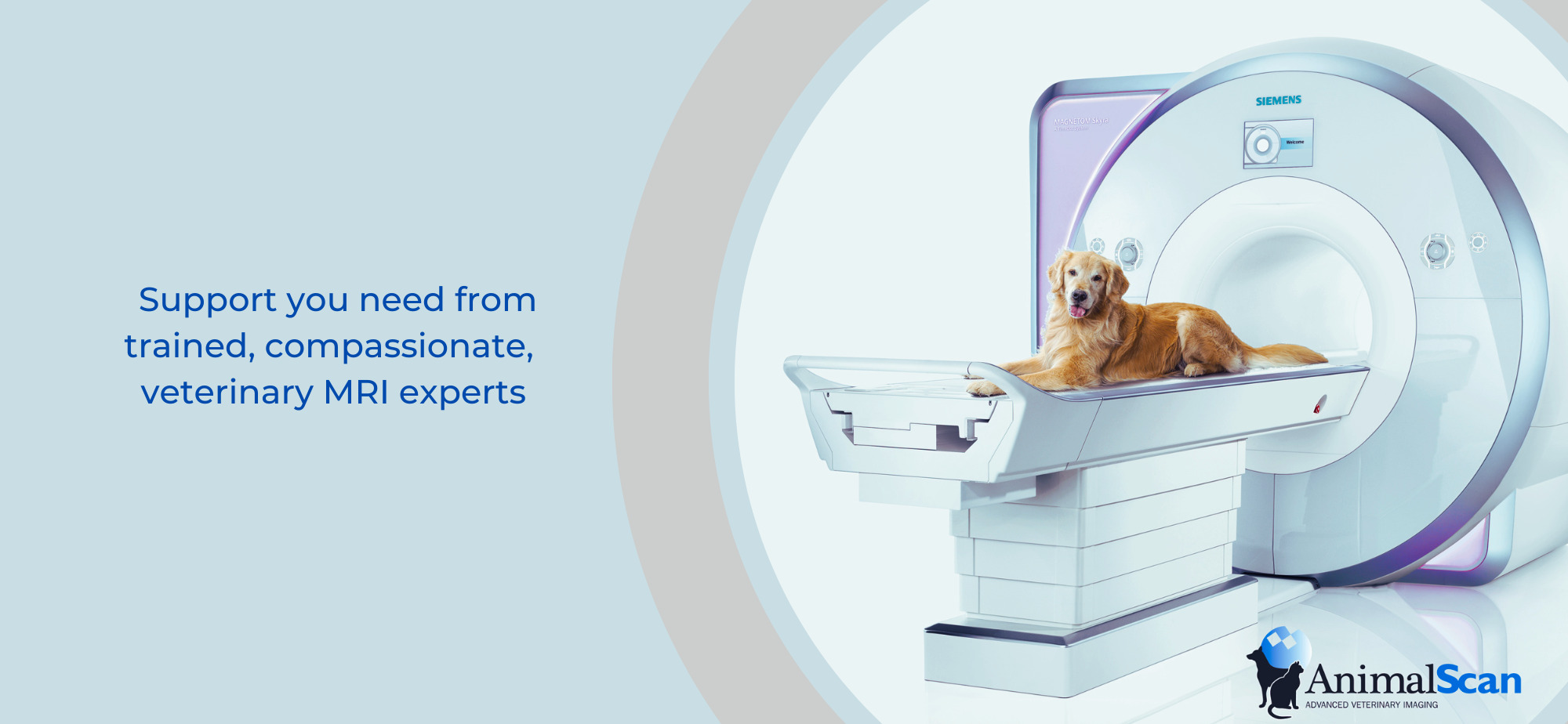Avoiding Veterinary Equipment Pretenders
By: Lara Herger
Why are you purchasing diagnostic veterinary equipment?
The answer is probably to treat your patients and increase revenue. If this is the case then you want to make sure that the equipment you purchase is both effective at diagnosing your patients and functioning in accordance with industry standards. It’s not uncommon for doctors to seek out low cost or seemingly “deals” that seem too good to be true (because they often are). When it comes to diagnostic equipment, oftentimes cutting corners or trying to save money up front leads to frustration and additional costs down the road.
Veterinary Imaging Pretenders are human side vendors who extract old/obsolete equipment from human medical facilities (often at a charge because it’s known that there is little value) and sell it to the veterinary industry without disclaiming the equipment’s obsolescence, age, or rarity. Obsolete and rare imaging equipment can have damaging effects to the overall functionality of a specialty veterinary hospital. Having some expectations of equipment downtime is reasonable. A reasonable expectation of equipment up-time would be 95-98%. But certain types of diagnostic equipment are so rare that sourcing parts is nearly impossible and finding a technician that knows how to fix that equipment even moreso.
Equipment downtime can have a significant impact on veterinarians, patients, and hospitals; particularly those who rely heavily on technology and equipment to diagnose and treat animals.
Here are a few ways in which equipment downtime can affect veterinarians:
- Reduced efficiency: When equipment goes down, veterinarians may need to work around the problem, which can be time-consuming and less efficient. This can slow down their work and result in longer wait times for patients.
- Delayed diagnoses: Without functioning equipment, veterinarians may not be able to diagnose conditions as quickly or accurately as they otherwise would. This delay can lead to longer treatment times, more complicated cases, and potentially worse outcomes for animals.
- Increased stress: Dealing with equipment downtime can be stressful for veterinarians, who strive to provide timely and effective care to their patients. This stress can also be compounded by the emotional toll of seeing animals in distress and the pressure to make quick decisions.
- Financial impact: Downtime can cause patients to seek treatment elsewhere causing lost revenue. Equipment downtime can also have financial implications for veterinarians, particularly if they need to invest in costly repairs or replacement equipment.
AnimalScan recommends avoiding equipment which is rare or obsolete. The lifespan of an MRI machine can vary depending on several factors, including the manufacturer, model, maintenance, and usage. Generally, an MRI machine can last anywhere from 7 to 20 years or more with proper maintenance and repairs.
However, as technology advances and newer models become available, older MRI machines may become obsolete in terms of their capabilities and imaging quality. Additionally, as the parts used in older machines become harder to find, repairs can become more difficult and expensive.
MRI machines typically have multiple components, including the magnet, gradient coils, radiofrequency coils, and computer system. Some of these components, such as the magnet, have a longer lifespan and can last up to 25 years or more. However, other components may need to be replaced or upgraded more frequently.
When purchasing used medical diagnostic equipment, it’s important to ask a range of questions to ensure that you are making an informed decision and purchasing equipment that is safe, reliable, and appropriate for your needs. Here are some key questions to consider:
- What is the history of the equipment? You should ask about the age of the equipment, the number of hours it has been used, and any previous repairs or maintenance that has been done.
- Has the equipment been serviced and maintained regularly? It’s important to know whether the equipment has been well-maintained and serviced on a regular basis to ensure that it is safe and reliable.
- What is the equipment’s current condition? You should ask about any known issues or problems with the equipment, including any cosmetic damage or mechanical issues.
- What is included in the purchase? Find out exactly what is included in the purchase, such as software, probes, accessories, and other necessary components.
- Is there a warranty or return policy? It’s important to know what kind of warranty or return policy is offered with the equipment, and to make sure that you are comfortable with the terms.
- Is the equipment compatible with your existing infrastructure? Ensure that the equipment is compatible with your existing IT infrastructure, such as your network, PACS system, and other diagnostic tools.
- What veterinary specific training and support is available? Find out what kind of training and support is available, both from the vendor and the manufacturer, to ensure that you are able to safely operate and maintain the equipment properly and attain the desired image quality.
- What service options are available? You’ll want a reliable technician who can be available within 24-48 hours to maintain and service your equipment when it is malfunctioning.
It’s important to conduct thorough research and ask plenty of questions when purchasing used medical diagnostic equipment to ensure that you are making a sound investment in safe and reliable equipment that meets your needs. Avoid cutting corners by purchasing the “cheapest option”. This is usually the equipment no one else is willing to invest in.
If you are currently shopping for reliable equipment AnimalScan offers Platinum Certified Refurbished MRI and CT machine options from which you can custom order scanner/coil combinations that best suit your study needs. AnimalScan can also further improve your imaging experience by offering veterinary radiologists to custom build your MRI protocols to reflect your imaging needs. For more information contact our Sales Team.
Get a Quote
Complete this form to request a quote for imaging equipment.


Leave a Reply